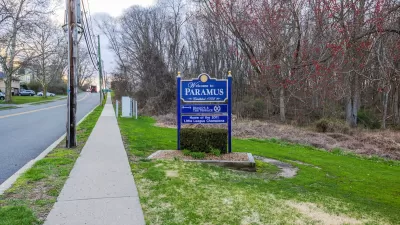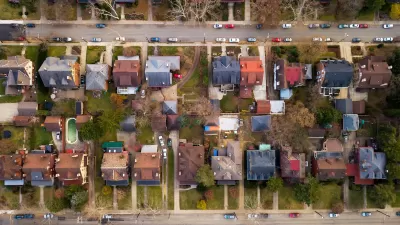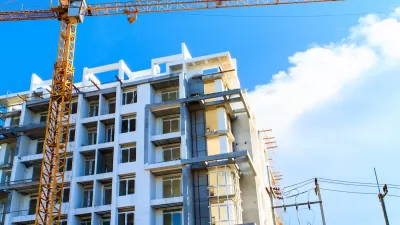The 2023 Washington state legislature will evaluate a slew of proposals aimed at increasing housing supply and affordability.

In an article for Crosscut, Josh Cohen lists some of the proposed housing bills to be introduced in the next session of the Washington state legislature. “Recognizing that there’s no silver bullet for Washington’s housing crisis, legislators and advocates are pushing a slew of bills meant to increase market-rate construction, subsidized affordable housing and renter protections.”
Among the proposed bills is House Bill 1110, which “would allow construction of up to four units on any residential lot in cities with 6,000 or more residents. If developers make two units affordable for people earning 80% or less of the area median income, they could build up to six units on any residential lot.” Developments within half a mile of transit stations would be exempt from the affordability requirement. “Another bill would eliminate design review boards for residential construction,” streamlining the construction process and bringing down costs. Yet another would eliminate parking requirements near transit.
To address the needs of the sizable segment of Washington’s population that can’t afford market-rate housing, “Gov. Inslee wants to issue bonds to generate $4 billion for affordable-housing construction and homeless services over the next six years.” The plan must be approved by the legislature and then voters.
To protect renters from exorbitant price increases despite the state’s ban on rent control, “housing advocates expect the Legislature to take up a new ‘anti-gouging bill’ this session that would cap how much landlords can raise rents each year” in a similar way.
FULL STORY: How WA's legislature is addressing the housing crisis in 2023

Planetizen Federal Action Tracker
A weekly monitor of how Trump’s orders and actions are impacting planners and planning in America.

USGS Water Science Centers Targeted for Closure
If their work is suspended, states could lose a valuable resource for monitoring, understanding, and managing water resources.

Congress Moves to End Reconnecting Communities and Related Grants
The House Transportation and Infrastructure Committee moved to rescind funding for the Neighborhood Equity and Access program, which funds highway removals, freeway caps, transit projects, pedestrian infrastructure, and more.

Portland Council Tentatively Approves Sidewalk Repair Plan
The proposal would address sidewalk needs in Portland’s District 1 and District 4.

Expanding Access to Design Education at Honolulu Community College
Honolulu Community College’s Architecture, Engineering & Construction Technologies program highlights the role of community colleges in preparing nontraditional students for careers in architectural and construction technologies.

Integrating Human Rights Into Energy and Extractive Sector Transitions
Why just transition efforts must move beyond economic considerations by embedding human rights principles into business practices to ensure equitable, transparent, and accountable outcomes for affected communities and workers.
Urban Design for Planners 1: Software Tools
This six-course series explores essential urban design concepts using open source software and equips planners with the tools they need to participate fully in the urban design process.
Planning for Universal Design
Learn the tools for implementing Universal Design in planning regulations.
City of Moorpark
City of Tustin
Tyler Technologies
City of Camden Redevelopment Agency
City of Astoria
Transportation Research & Education Center (TREC) at Portland State University
Regional Transportation Commission of Southern Nevada
Toledo-Lucas County Plan Commissions





























